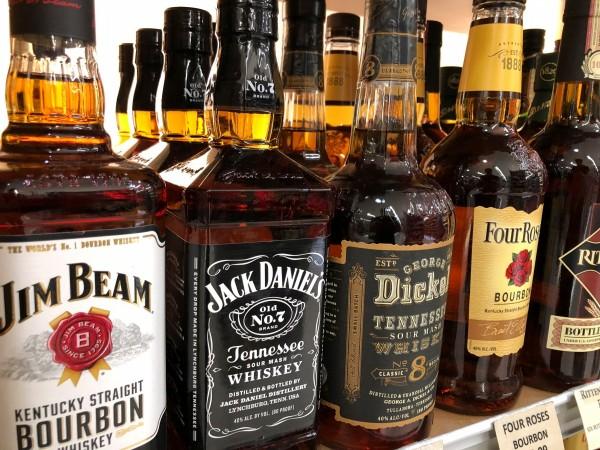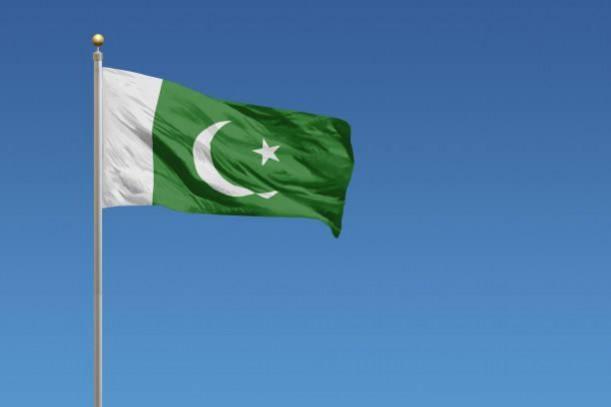A liquor manufacturing giant from China has been granted license to manufacture booze in Islamic Republic of Pakistan. Hui Coastal Brewery and Distillery Limited, producer of some of the world's famous alcohol brands, is now free to setup a manufacturing plant in Pakistan, where everything from manufacturing to packaging will be carried out at its Lasbela plant.
The license was issued by Balochistan Excise, Taxation and Anti-narcotics department to launch a joint venture at the Lasbela Industrial Estate Development Authority. With this, Hui becomes the first Chinese company to manufacture liquor in Pakistan, media reports suggest.

According to reports, Hui Coastal Brewery and Distillery Limited, was registered with the Securities and Exchange Commission of Pakistan (SECP) on April 30, 2020, with the Balochistan address. With all the necessary approvals granted, Hui plans to introduce its two famous alcohol brands in Pakistan.
Alcohol in Pakistan
Pakistan and China's camaraderie is not a secret and it also not hidden that Pakistan acts as per the whims of China, which has trapped the country in billions of dollars in loans. Even so, the setting up of liquor manufacturing plant in the Islamic country comes as a shocker considering the sale of alcoholic beverages was banned for Pakistan's Muslims, which is the majority of the population, in 1977. In fact, Pakistan's law dictates Muslims caught drinking alcohol can be sentenced to up to three years in prison with maximum of 30 lashes.

For a country, which has such stern policies against alcohol sale and consumption, setting up a liquor manufacturing plant to please China is blasphemous, some netizens have reacted. But it shouldn't come as a surprise considering pork imported from China gets through customs unchecked, despite the import and consumption of pork being illegal in the country, Al Jazeera had reported in 2017.
The report quoted a local and said: "customs officials at Pakistan's borders are not able to decipher the Chinese labels on most imported food products, and so Ni Hao is able to steer clear of trouble. But more than that, he says, if products are marked in Chinese, customs officials seem less inclined to check them."














